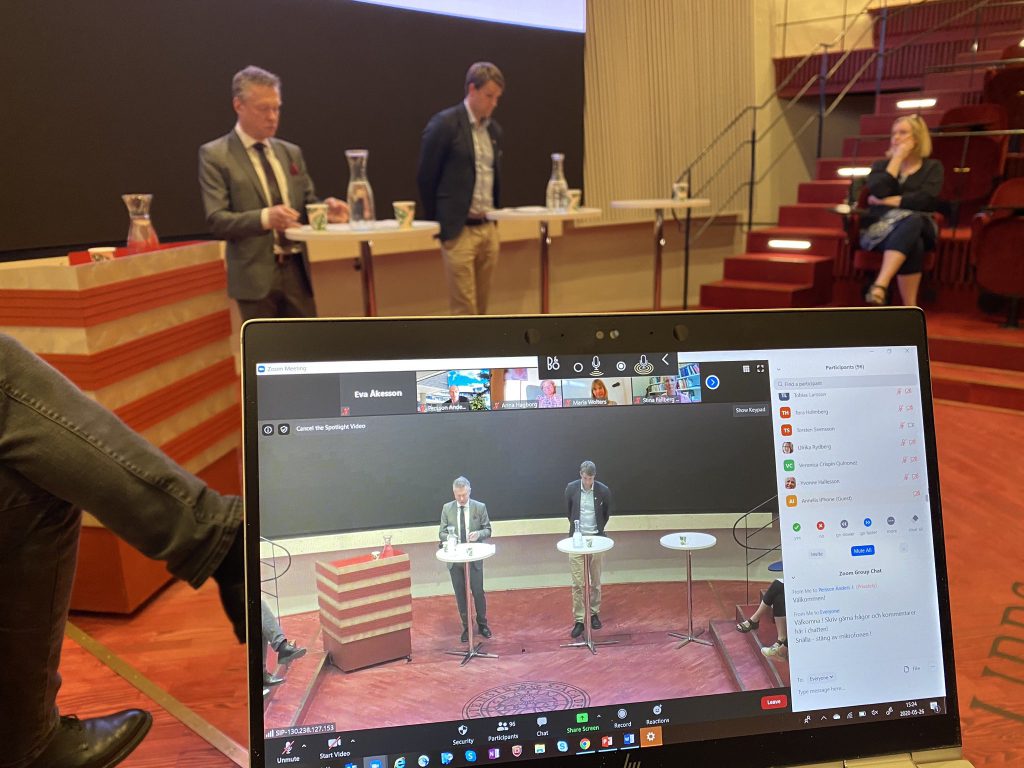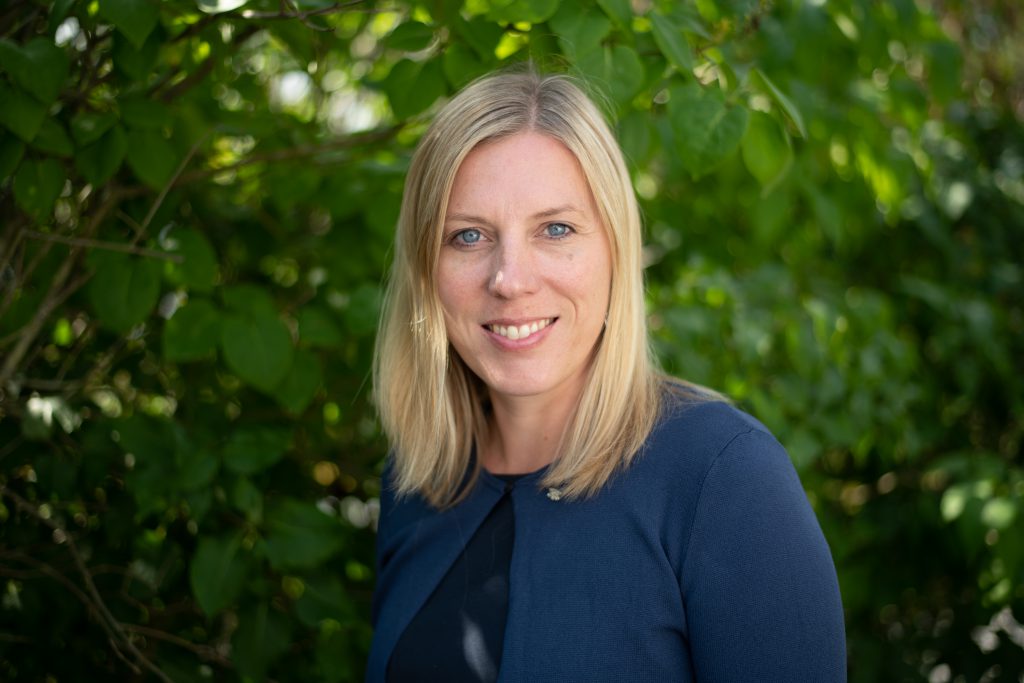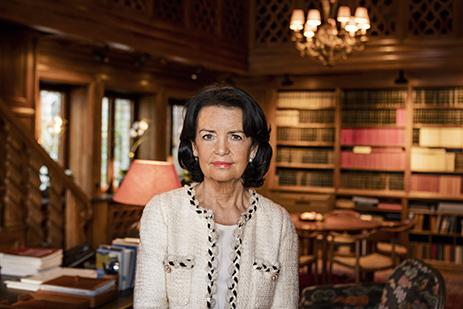On Friday we learned that the recommendation on distance education at higher education institutions will be withdrawn from 15 June. We commented briefly on this announcement in the blog the same day. We will soon issue a new decision about the summer and autumn based on the new information.
Last week involved many important discussions and meetings, as usual. On Tuesday, the last Vice-Chancellor’s seminar of the semester focused on the teacher education programme. Educating teachers is an important and serious responsibility. The politicians take an enormous interest in this; few programmes have been analysed, evaluated and revamped as many times over the years as this particular one. The upper secondary school teacher education programme is particularly complex, with many specialisations, and the way in which it is organised varies from one higher education institution to another. The latest inquiry has now delivered its report to the Ministry, but has yet to produce final proposals and a referral for comment. One of the members of the inquiry, Anders J. Persson, participated in the seminar and stated that in their report, they have emphasised continuing to build on ongoing measures to augment the supply of teachers and to enhance quality, such as practice-based research, bridge programmes and pilot schools, rather than proposing far-reaching reforms.

This spring, the Swedish Higher Education Authority has criticised three programmes in Uppsala that have been audited: the upper secondary school teacher education programmes in Swedish, social studies and mathematics. The main point of criticism was the integration of subject didactics in subject studies. The approach adopted by the Faculty of Educational Sciences to addressing the issue is that the responsibility for didactics should rest where it can best be tackled, sometimes locally at the subject department and sometimes centrally at the Department of Education. Not the easiest way to go, since different solutions can make it difficult to achieve equal quality, but a good thing if the goal is the best possible subject-based teaching and learning.
Many different parts of the University are involved in upper secondary school teacher education. It is a matter for the entire University and needs to be tackled together. The aim of the seminar was to start an important internal discussion on how to provide the best education for the students. Uppsala University is a large, decentralised higher education institution, which makes the challenge all the greater. Engagement and cooperation are needed at every level to create the best whole, while maintaining a level of coordination and control that ensures education of a uniform quality.
We had a good discussion during the seminar about how we can develop cooperation and make the most of relevant experience across the entire breadth of our University. Last but not least: listen to the students. Alina Lantto Qvarfort, chair of the education section of the Uppsala Student Union, expressed a wish for a common foundation to guarantee equal quality and more focus on the professional role of the teacher throughout the programme. Sincere thanks to the seven panellists for their introductory remarks in the Humanities Theatre and to the nearly 100 participants via Zoom.

Last week we also met Uppsala University’s representatives in the Young Academy of Sweden. The new chair of the Academy is Sanna Koskiniemi, Senior Lecturer in Microbiology. Congratulations! Our University has many outstanding young researchers. This is an important group for us in the University Management to meet. They have important experiences, strong opinions and great commitment.

The Zoom coffee break on Friday afternoon gave heads of department an opportunity to meet the new chair of the University Board, Anne Ramberg. She is known for her deep commitment to human rights issues and defence of the rule of law. The independence of universities from the state and other strong interests was one area that she emphasised as important to uphold, another was external collaboration. A university should have an open attitude and be an active player with strong integrity in the community.
